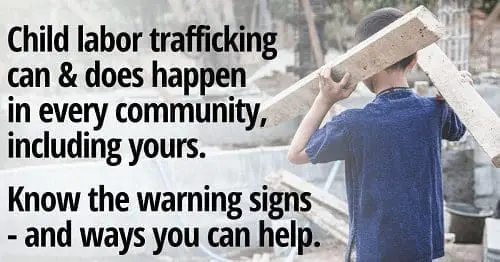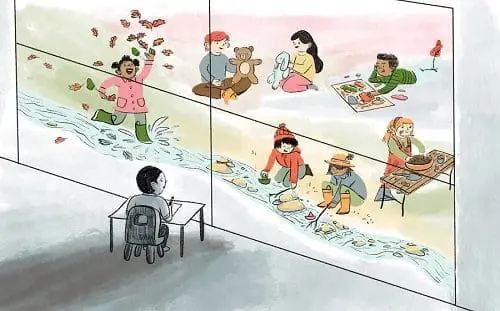One of my biggest priorities as a parent is making sure my children have abundant time to play. This was as true in their infancy and toddlerhood as it is now in their later childhood and teen years. I learned a lot from my play-filled childhood and adolescence of the 1970s and ‘80s when it was expected that kids would be out and about playing in their neighborhoods, often long distances from home and without any cell phones. We came home when the streetlights came on or when our wristwatch signaled dinner was ready.
I grew up in the suburbs when free-ranging childhood play was the norm, while my children are growing up in a city during a childhood era defined less by open play and more by structured, supervised, adult-led activities. Still, fiercely protecting their free play is a top priority of mine.
New research suggests that it should be a bigger priority for all of us.
Writing in The Journal of Pediatrics, three university researchers found a striking correlation between the widespread decline of childhood free-play and the alarming rise in youth mental health disorders.
“Our thesis is that a primary cause of the rise in mental disorders is a decline over decades in opportunities for children and teens to play, roam, and engage in other activities independent of direct oversight and control by adults,” stated coauthors Dr. Peter Gray of Boston College, Dr. David Lancy of Utah State University, and Dr. David Bjorklund of Florida Atlantic University.
Their research confirms that childhood free play has diminished significantly since the 1970s while at the same time childhood and adolescent rates of anxiety, depression, and suicidal tendencies have skyrocketed to the point where several prominent medical groups in 2021 called the youth mental health crisis a “national emergency.”
Some of their findings point to the reduced internal “locus of control” (LOC) that children may feel when they have less autonomy and independence than previous generations of children enjoyed. They cited related research finding that a low internal LOC “is highly predictive of anxiety and/or depression in both children and adults.” With less opportunity for independent, self-directed play and more top-down expectations imposed by adults, many children today may have a weak internal LOC that can contribute to their deteriorating mental health.
The researchers urge parents, pediatricians, and policymakers to elevate free play as an essential childhood activity and one that is crucial to youth health and well-being:
“Parents today are regularly subject to messages about the dangers that might befall unsupervised children and the value of high achievement in school. But they hear little of the countervailing messages that if children are to grow up well-adjusted, they need ever-increasing opportunities for independent activity, including self-directed play and meaningful contributions to family and community life, which are signs that they are trusted, responsible, and capable. They need to feel they can deal effectively with the real world, not just the world of school.”
The paper’s lead author, psychologist Peter Gray, has been a longtime advocate of childhood free play and a proponent of self-directed education that promotes independence, agency, and resilience. In Gray’s book, Free To Learn, he writes extensively about Sudbury Valley School, where my children attend, as well as unschooling models, in which children are free to play endlessly and without adult hovering.
If choosing such an educational environment is not a possibility, then parents can prioritize play in other ways, including favoring unstructured, child-led play outside of school over organized, adult-run enrichment activities.
With hundreds of millions of taxpayer dollars going toward addressing the current youth mental health crisis, a simpler, and perhaps far more effective, strategy for boosting children’s happiness is to just let them play.
Until next week,
Kerry
Kerry McDonald is a Senior Education Fellow at FEE and host of the weekly LiberatED podcast. She is also the author of Unschooled: Raising Curious, Well-Educated Children Outside the Conventional Classroom (Chicago Review Press, 2019), an adjunct scholar at the Cato Institute, education policy fellow at State Policy Network, and a regular Forbes contributor.





